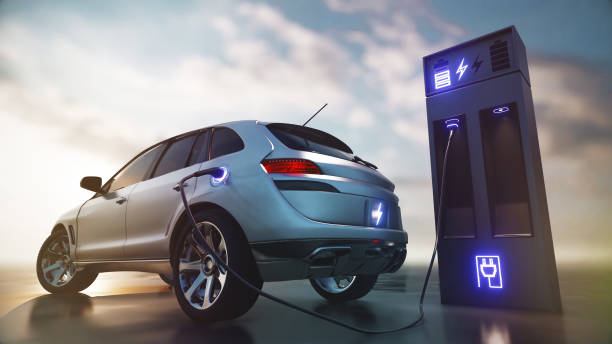
The automotive industry is on the brink of a revolutionary transformation. With rapid advancements in technology and a shift towards sustainable practices, the future of mobility promises to redefine transportation as we know it. From electric vehicles to autonomous driving, the industry is embracing change to meet the demands of a modern world.
Electric Vehicles (EVs): Leading the Charge
A Growing Market
Electric vehicles have moved from a niche market to a mainstream choice. Governments worldwide are incentivizing EV adoption to combat climate change. Sales of EVs are projected to surpass those of internal combustion engine (ICE) vehicles by the mid-2030s.
Infrastructure Expansion
Charging infrastructure is rapidly expanding. Companies and governments are investing heavily in fast-charging networks, ensuring convenience for EV owners. Innovations such as wireless charging and ultra-fast chargers are set to further enhance the EV experience.
Autonomous Vehicles: The Road Ahead
Self-Driving Technology
Autonomous vehicles (AVs) are no longer a distant dream. Companies like Tesla, Waymo, and General Motors are leading the charge with advancements in AI and sensor technology. By 2030, we could see widespread adoption of Level 4 and Level 5 autonomous vehicles.
Safety and Efficiency
Autonomous technology promises to reduce accidents caused by human error, which accounts for over 90% of traffic incidents. Additionally, AVs can optimize traffic flow, reducing congestion and fuel consumption.
The Rise of Connected Cars
Internet of Things (IoT) Integration
Connected cars are equipped with sensors and internet connectivity, offering features like real-time navigation, vehicle diagnostics, and entertainment. IoT integration is making vehicles smarter and more user-friendly.
Enhanced Security
With increased connectivity comes the need for robust cybersecurity measures. Automakers are prioritizing data protection to safeguard against potential threats.
Sustainable Practices in Manufacturing

Eco-Friendly Materials
The future of automotive manufacturing lies in sustainability. Companies are exploring materials like recycled plastics, bio-based composites, and lightweight metals to reduce environmental impact.
Carbon Neutrality Goals
Automakers are setting ambitious carbon neutrality targets. For instance, Volvo aims to be carbon neutral by 2040, and BMW is investing in green energy for its production facilities.
The Emergence of Mobility-as-a-Service (MaaS)
Redefining Ownership
The traditional car ownership model is evolving. Mobility-as-a-Service (MaaS) platforms, like ride-hailing and car-sharing apps, are providing convenient alternatives. This shift is particularly appealing to urban populations seeking cost-effective and eco-friendly transportation.
Integrated Solutions
MaaS combines various modes of transport into a single accessible platform. Users can plan, book, and pay for journeys seamlessly, reducing the reliance on private vehicles.
Challenges and Opportunities
Regulatory Hurdles
Governments worldwide are implementing policies to support innovation while addressing safety and ethical concerns. Balancing technological advancement with regulation will be key to the industry’s growth.
Collaboration Across Sectors
The future of the automotive industry relies on collaboration between automakers, tech companies, and governments. Partnerships will drive innovation and ensure the industry’s long-term success.
Conclusion
The automotive industry is entering an exciting era of change. Electric vehicles, autonomous driving, connected technologies, and sustainable practices are shaping the future of mobility. While challenges remain, the opportunities for innovation and growth are immense. As the industry continues to evolve, it promises to deliver safer, smarter, and more sustainable transportation solutions for generations to come.
